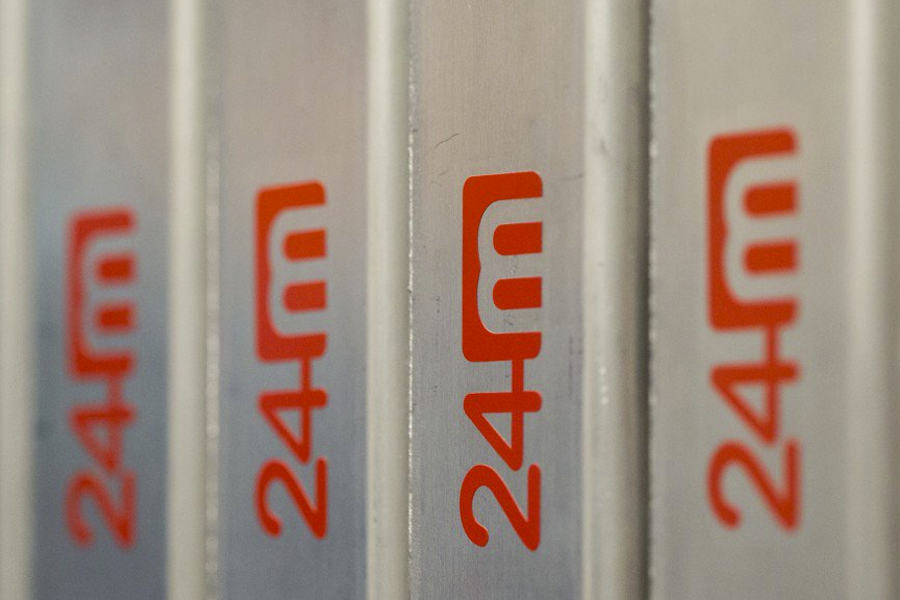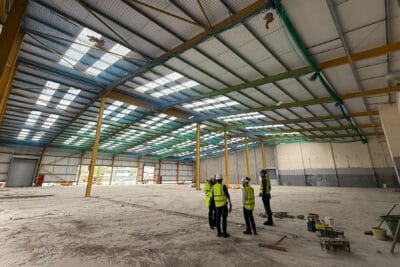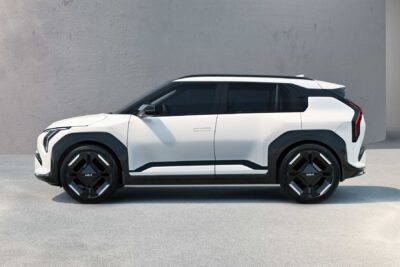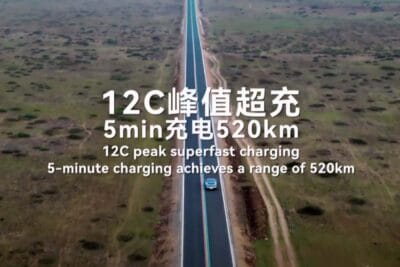24M presents new new electrolyte for lithium metal batteries
The cell developer believes it has achieved the highest cycle stability among liquid electrolyte systems under 20mA/cm2 plating/stripping current. According to 24M, for a lithium-metal cell cycling at 1C discharge/1C charge, Eternalyte the latter to retain 83 per cent capacity over 500 and more cycles, “approximately 500,000+ miles of total range and 1,000 miles per charge.”
The charging rate can also be improved. The company says that “test results for lithium-lithium base cells suggested an equivalent of 3,000+ cycles with 4C continuous cycling without shorting or increasing resistance.”
“We are on a mission to deliver transformative battery solutions that overcome critical industry challenges. Eternalyte plays a key role in making that transformation happen by enabling high cycle life lithium-metal batteries,” said Naoki Ota, 24M President and CEO. “While our solutions can be individually integrated into conventional battery products, we believe the most significant benefits are achieved when they are combined. Together, they can deliver a cost-effective and safe 1,000-mile-per-charge battery pack — enabling electric vehicles to be fully competitive with combustion engine vehicles.”
24M Chief Scientist and MIT Professor Yet-Ming Chiang added: “For conventional cell production, the fundamental manufacturing process hasn’t changed in more than three decades. We’ve reinvented both the manufacturing process and cell/pack design to create a complete suite of innovative battery solutions that make next-generation technologies, like lithium-metal possible.”
24M offers other battery technologies, such as 24M ETOP, which increases battery pack density. The abbreviation stands for “Electrode-to-Pack” and means that the electrodes are integrated directly into the battery pack without cells. In Januar, 24M presented Impervio, said to improve the safety of lithium-ion and lithium-metal batteries. According to the company, it prevents the formation of metallic dendrites and electrode misalignments and continuously monitors the battery cell, which should enable early fault detection.
Volkswagen acquired a 25 per cent stake in 24M at the beginning of 2022. The company emerged from the battery manufacturer A123 in 2010. 24M took a major step towards the commercialisation of its sem i-solid technology at the beginning of 2021, when it announced a licensing agreement with the Norwegian company Freyr. Freyr wants to manufacture battery cells based on 24M technology at its battery factory in Mo i Rana, but these are more likely to be used in maritime applications and stationary storage systems.





0 Comments